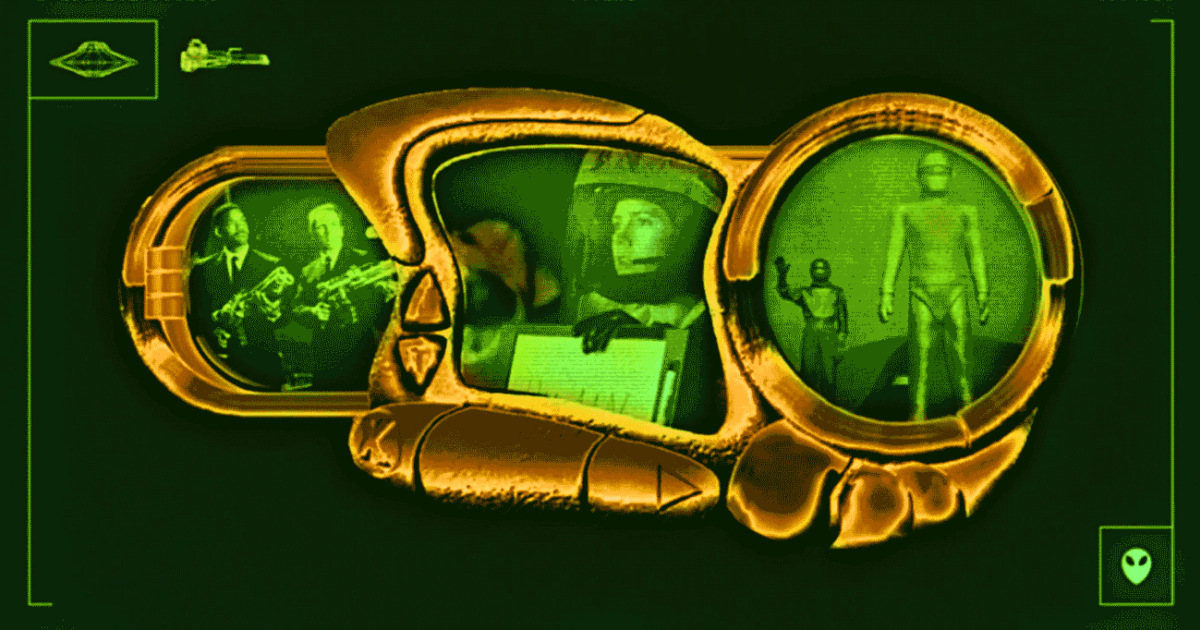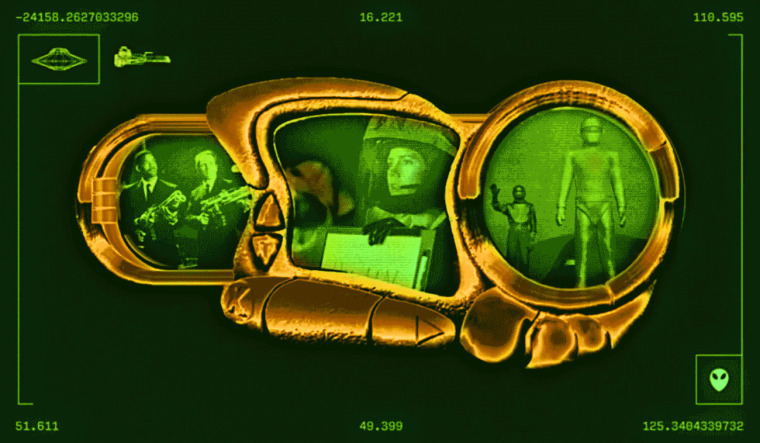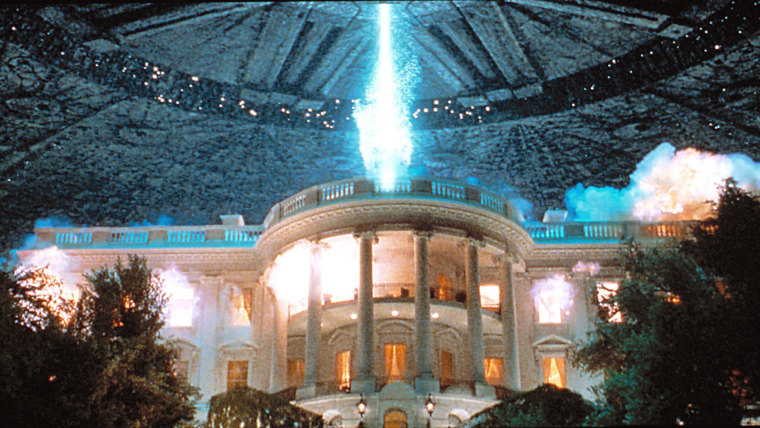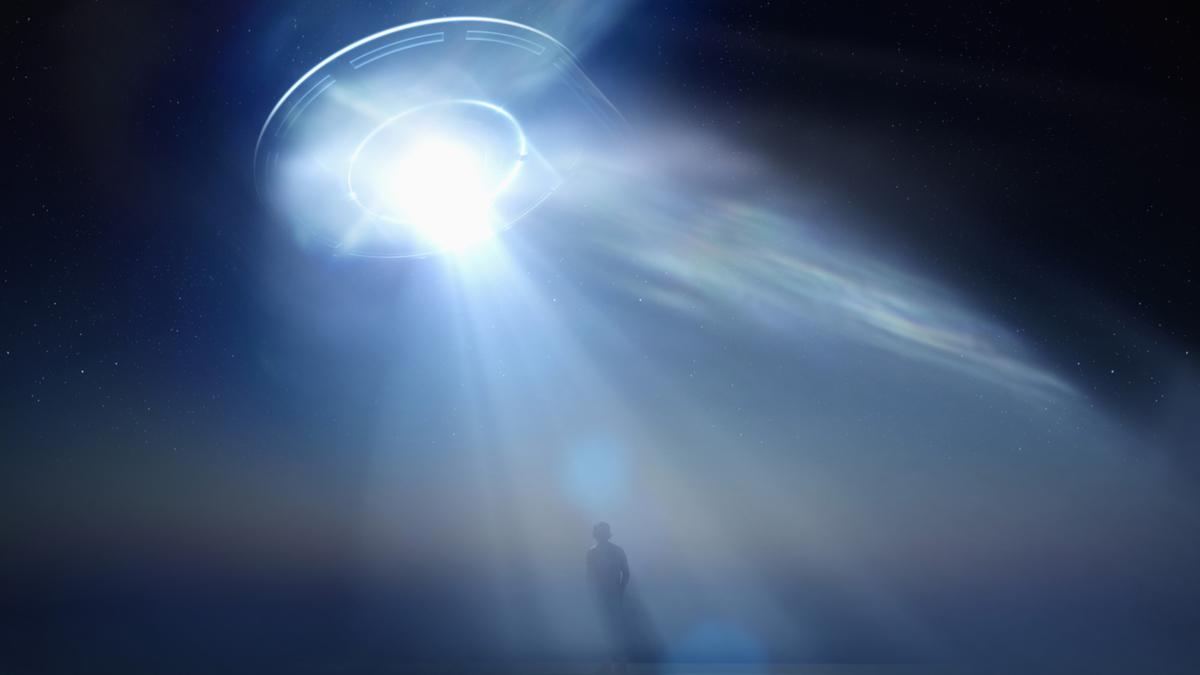Barry Sonnenfeld, the director of all three installments of the original "Men in Black" trilogy, said he feels terrified about what we might learn.
"It's scary. If there are aliens out there, I can't imagine they're nice, and I don't think we deserve to be treated particularly nicely. Let's face it, humans are the virus of the planet," he said.
Sonnenfeld's anxiety befits a man whose autobiography is subtitled "Memoirs of a Neurotic Filmmaker." In the first "Men in Black" film, after all, a cockroach-style invader disguises himself as a farmer and goes on a killing spree.
The idea of UFOs' arriving on Earth has long been linked in public consciousness with "aliens" and refracted through the prism of Hollywood, for better or worse. It's a paradigm that some creators have gleefully embraced and others have tried to thoughtfully subvert.
In the 1950s, "The Day the Earth Stood Still" and "Invasion of the Body Snatchers" channeled Cold War paranoia. In more recent decades scarred by global terrorism, otherworldly visitors laid waste to Washington ("Independence Day"), New York ("The Avengers") and other landmarks.
The destruction of the White House in Roland Emmerich's "Independence Day."20th Century Fox Film / Courtesy Everett Collection
"The X-Files" went deeper, imagining both paranormal phenomena and a vast government conspiracy to hide the truth about extraterrestrial life.
The show, a 1990s cult hit starring David Duchovny and Gillian Anderson as FBI agents who investigate mysterious occurrences, was partly inspired by what Carter described as the "residue" of Watergate-era distrust of government.
Hollywood's role in shaping public attitudes about UFOs — what is considered socially acceptable dinner party conversation, which accounts of purported sightings are taken seriously — is hard to overstate and difficult to pin down. The mass media's interest in UFOs has often been a double-edged sword, fueling legitimate interest in the topic while sensationalizing it to sell tickets or boost ratings.
Diana Walsh Pasulka, a professor of philosophy and religion at the University of North Carolina, Wilmington, and author of "American Cosmic: U.F.O.s, Religion, Technology," said UFO-themed entertainment can be divided into roughly two categories that have coexisted for decades and sometimes overlap.
In the first are titles in which "the UFO event is revealed to be detrimental to humans," such as "Independence Day" and other violent disaster epics. In the second are projects in which UFO encounters take on a gently philosophical dimension and strange visitors are essentially benevolent, such as Steven Spielberg's "Close Encounters of the Third Kind" and "E.T. the Extra-Terrestrial."
Steven Spielberg's "Close Encounters of the Third Kind" offers a more philosophical portrait of a UFO encounter.Columbia Pictures
Mark Fergus, a co-writer of the 2011 genre mashup "Cowboys & Aliens," said Hollywood has often stepped in to provide fictional but spiritually resonant explanations for cosmic riddles and national mysteries, such as the "
Roswell incident" in 1947. ("Cowboys & Aliens" was co-produced and distributed domestically by Universal Pictures, a unit of NBCUniversal.)






